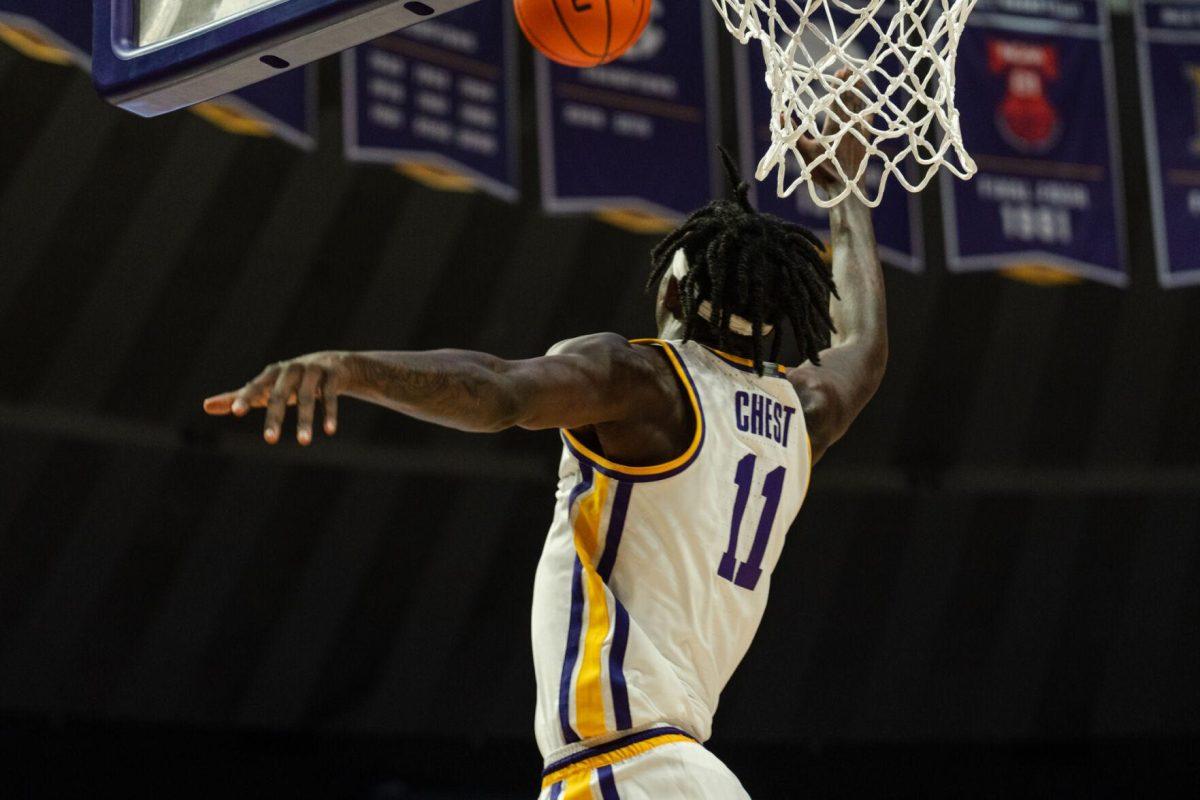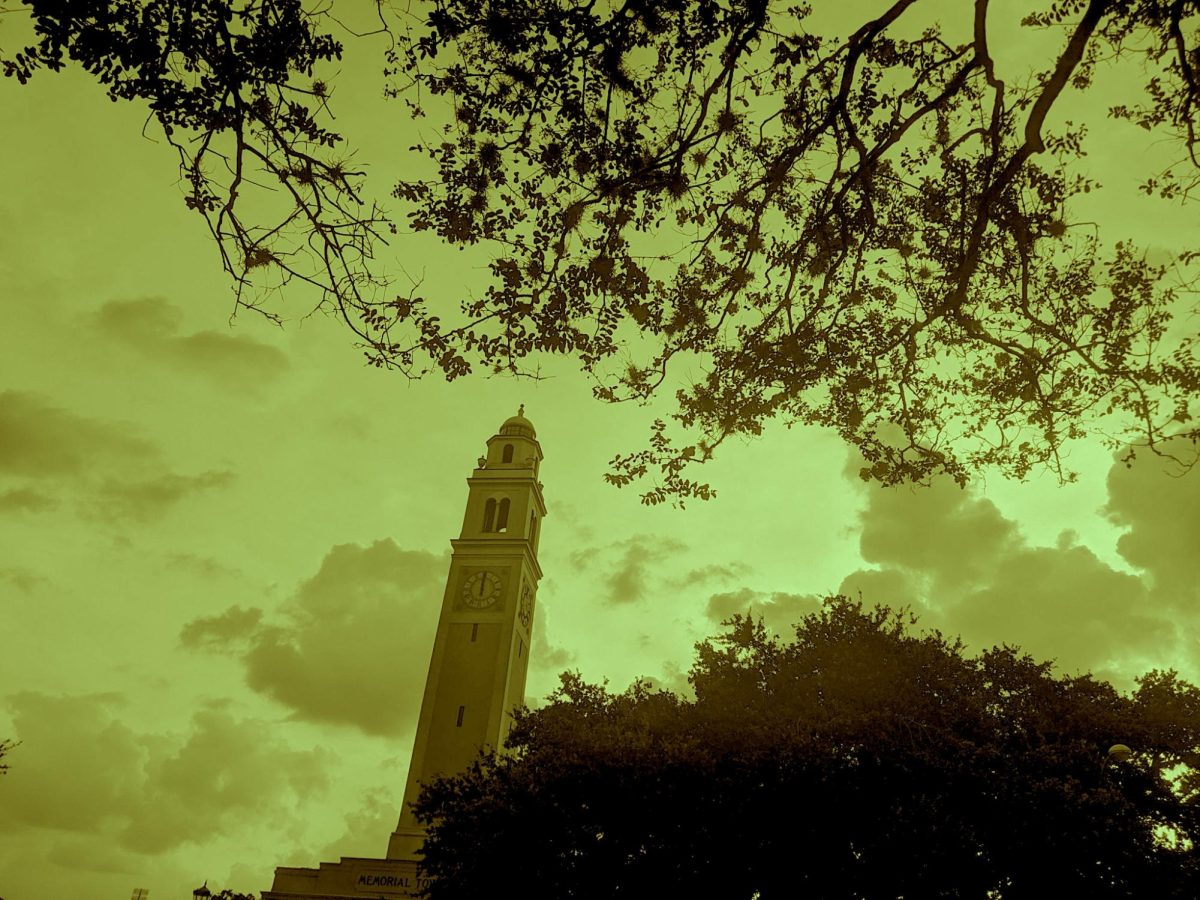Students and universities across the United States are exploring an allowable alternative to illegal downloading.
A legal method of sharing music was introduced this past Thursday at the Massachusetts Institute of Technology. The method uses the MIT campus television network to send songs into dorm rooms and campus offices. The cost is covered by fees MIT students pay to music publishers and songwriters.
The creators, MIT grad student Keith Winstein and MIT undergrad Josh Mandel, are posting the design of what they call the Library Access to Music Project, as well as the software that drives it, on their Web site royalty-free for other Universities to offer to their students.
What separates LAMP from Kazaa and other file-sharing sites is that songs are distributed in analog form, which allows LAMP users to avoid violating digital copyright laws.
Joel Williams, application consultant for computing services said other universities are tinkering with similar music-sharing programs, in which either the University or students pay a minimal fee to recording industries.
“I think students want to do the right thing and these efforts are encouraging,” Williams said. “They are trying to re-shape the product [recording companies] are offering to what the consumer wants, and that’s great.”
For these programs, students log on to the Web site, put in their student passwords, and a Web page appears that lists channels of music. The one drawback in this format is that songs can not be downloaded; they must only be played in dorm rooms or offices.
While Williams applauds what these students are attempting, he does not think it will make a difference at LSU or any other campus.
“The problem with this model is it is very difficult to get people to go along with it, while it’s still so easy to get music for free,” Williams said.
Jessie Ferraro, psychology junior, said the new format is not good enough to stop her from downloading.
“I can just go to the Internet and download them to a CD,” Ferraro said. “With LAMP you have to be in a certain room.”
Ferraro said she is not worried about the recent crackdown on illegal downloading because she does not download music often.
Many universities are positioned between allowing students to use campus networks to download songs and record labels pressuring university officials to inform students about ramifications of illegally downloading music.
Terry Doub, Computing Services network Security Manager said LSU, like other universities, receives complaints from industry representatives in movies, music and software.
Doub said such a program at LSU probably will not happen soon.
“We haven’t been contacted by anyone and we are not actively pursuing anyone either,” Doub said. “It is not to say that we wouldn’t, but there would have to be some demand for it.”
MIT develops new, legal way to share music
November 6, 2003





